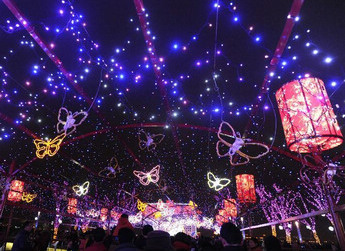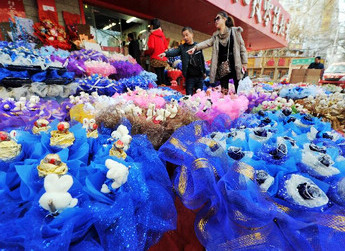
"Chinese customers like to receive gifts and text messages from luxury boutiques," she said. "It is not about the gift, but about how important and special you are, even to luxury companies that are already serving the most elite."
Chinese consumers said they also like to associate themselves with a specific luxury brand. The CLSA report finds that approximately 24 percent of its respondents earn around 41,976 yuan ($6,700) a year but would be willing to spend more than 50,000 yuan on a watch.
"It is a lot more important to dress well and enjoy a luxurious life when you are out in public," the report concludes.
But the rise of Chinese outbound travelers also reflects a profound shift in the taste of Chinese luxury consumers. As they have become more sophisticated through traveling, some are starting to avoid logo-heavy products such as Louis Vuitton and Gucci.
"Many consumers are now preferring to keep a low profile and shy away from flashy displays of wealth," Zhou said. "It is not about the logo any more. They want something unique and designed for them to express themselves."
But to give customers what they want, a global consistency in pricing is needed.
Pascal Armoudom, an expert with A.T. Kearney Management Consulting Co Ltd in Shanghai, said it is important to maintain a global price consistency to avoid having Chinese shoppers feel too frustrated when they see varying prices in different locations.
"But this need for consistency can also affect profit if there is a need for change today," he said.

















 The new generation of 'best paid' jobs
The new generation of 'best paid' jobs


![]()
